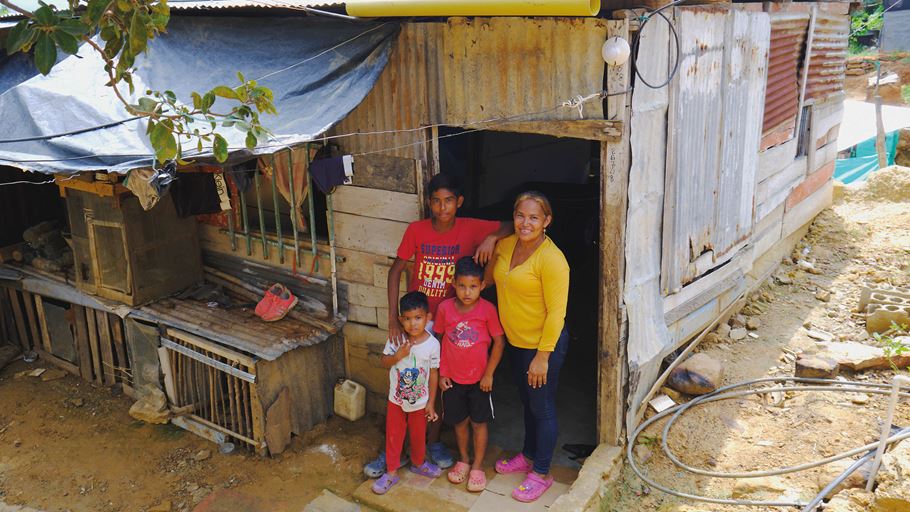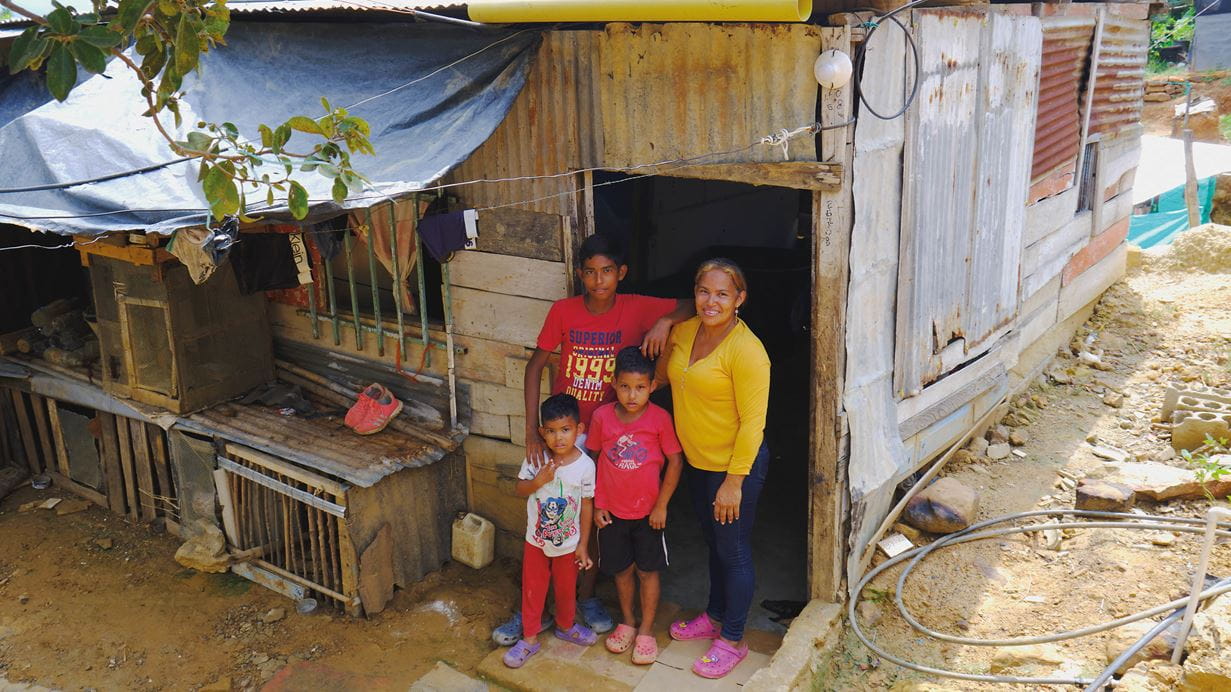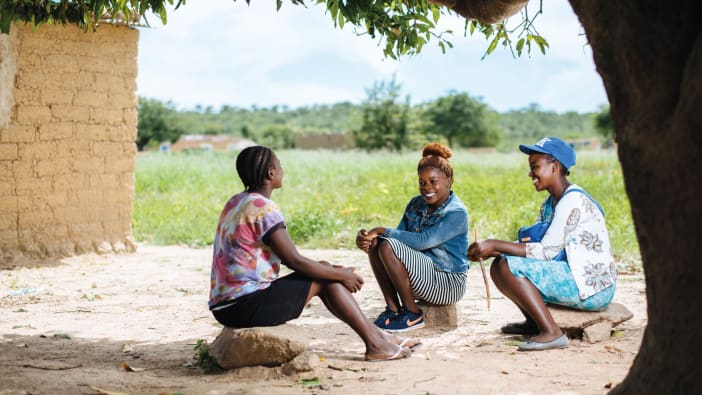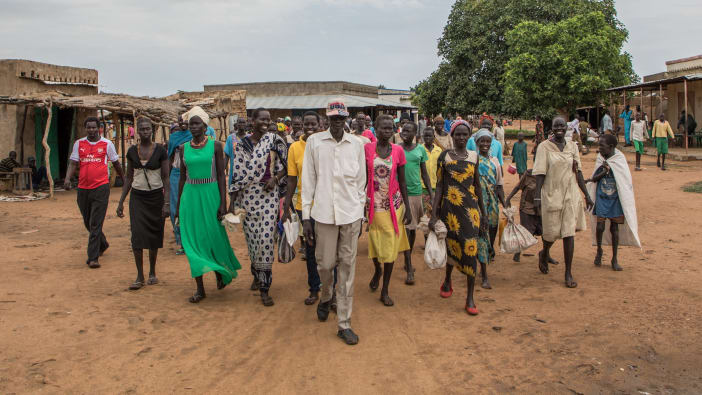The Bible describes Eden, our original home, as a beautiful garden, planted by God with all kinds of plants. In the garden humans lived in harmony with God, with each other and with wider creation. Eden was more than a place to live. It was a place of peace, worship, loving relationship and sufficiency.
Genesis 3 describes how Adam and Eve’s disobedience broke up this home. They were removed from Eden and had to make their home in a broken world.
The rest of the Bible tells the story of God’s mission to redeem and restore his creation. In the book of Revelation we are given a glimpse of what this will look like: a place where once again there will be strong relationships and no pain or unmet needs (Revelation 7:16; 21:4).
Hospitality
Armed conflict, natural disasters and climate change force millions of people to leave their homes each year in search of somewhere safer. For countless others, instead of being a place of peace, home is where they experience pain, neglect or abuse.
Through the practice of hospitality, we can all help to provide places where people feel accepted and part of a loving community, no matter their background or current situation. The Bible makes it very clear that this is an important and transformational role of the church (Matthew 25:34–40; Hebrews 13:2).
I was a refugee at a time when there was little information about the causes and difficulties of displacement. It is no surprise, though, that the most welcoming were churches and believers. They gave shelter, food and clothing and allowed their buildings to be used as schools. Above all, they were kind. They provided us with a home.
Discrimination and prejudice have no place in our communities. Instead, we should show the love and compassion that Jesus spoke about when he explained to us what it means to love our neighbours as ourselves (Luke 10:25–37).












